In autism, brain shows unusual thinning throughout life
The cortex, the outer layer of the brain, grows rapidly in early childhood in people with autism and thins differently with age than it does in controls, two new studies report.
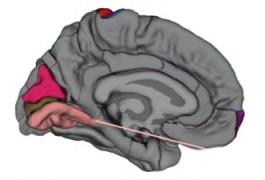
The cortex, the outer layer of the brain, grows rapidly in early childhood in people with autism and thins differently with age than it does in controls, two new studies report.
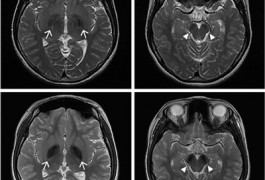
A teenage girl with Rett syndrome has a mutation in WFR45, a gene that is mutated in people who abruptly lose motor and mental skills in adulthood, according to a study published 13 March in the Journal of Human Genetics.
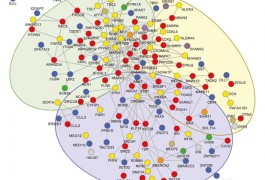
People with autism tend to carry mutations that duplicate or delete several genes at once, according to a large study published 1 May in the American Journal of Human Genetics.
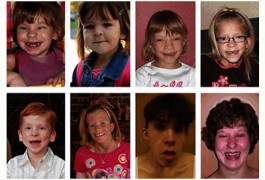
The nature of the mutation that leads to Angelman syndrome — a disorder characterized by speech impairment and developmental delays — affects the disorder’s presentation, reports a study published 19 March in Research in Developmental Disabilities.
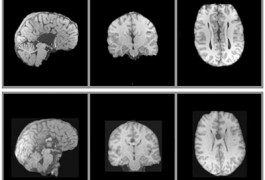
About one in every three adults who lack a brain structure called the corpus callosum meet the diagnostic criteria for autism, according to a study published 25 April in Brain. However, not all of these people develop symptoms in early childhood, as is typical in autism.
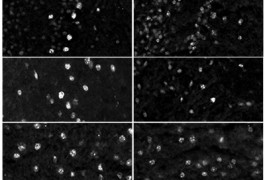
The protein underlying Rett syndrome exists in two different forms that differ in their distribution throughout the brain, reports a study published 3 March in PLoS One.
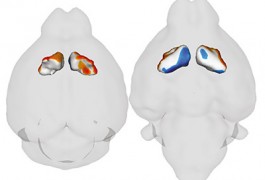
Researchers have linked defects in the dopamine brain circuit to behaviors of a new mouse model of the 16p11.2 deletion. In a study in the 16 May Cell Reports, they suggest that the mutation alters the brain’s regulation of dopamine and may be responsible for behavioral problems, including autism.

People with autism react to stimuli at an uneven pace, sometimes responding rapidly and sometimes after a lag, but only when the group does not exclude the subset of individuals who also have attention deficit hyperactivity disorder, according to a meta-analysis published 13 March in the Journal of Child Psychology and Psychiatry.

A focus on adults with autism and on junior researchers in the field were two of the themes at the 2014 International Meeting for Autism Research in Atlanta, Georgia.
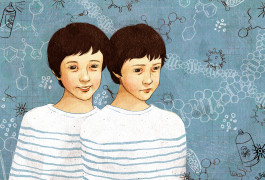
A large study of autism in Swedish families suggests that about half of the risk for autism comes from genetics and the other half from environmental factors, researchers reported 7 May in The Journal of the American Medical Association. However, the mathematical model the study used may not be appropriate for evaluating autism risk, experts say.